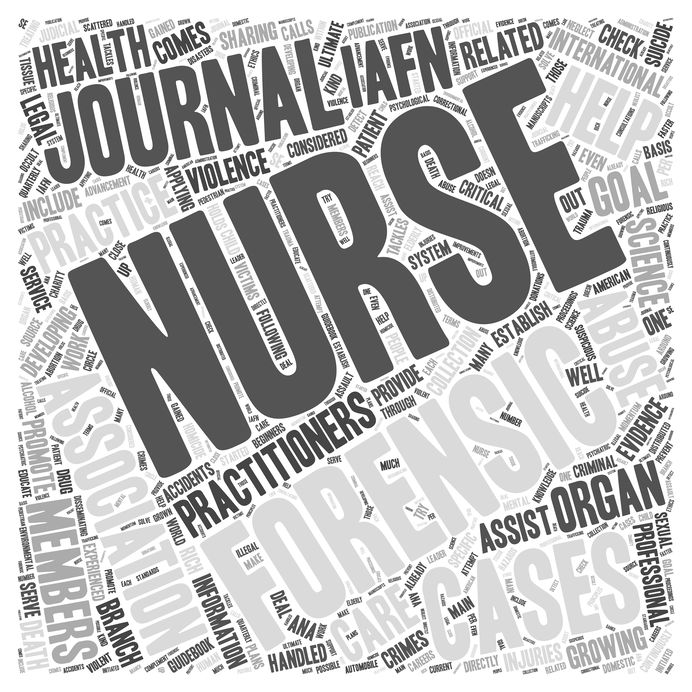
Reflective Journals for Nursing Assignment
Reflective journals provide an important reference tool for nurses to access past performance, current events, and future approaches to patient care. By actively documenting the nurses’ practices, he or she becomes aware of effective and ineffective modes of patient care within a particular caregiving environment. By identifying various data points in the caregiving process, the nurse can apply this data to better inform the caregiving process. Therefore, the reflective journal is a vital tool for improving nursing objectives that may be otherwise forgotten or discarded.
The Role of Reflective Journals:
In the educational process, many nursing students must keep a personal journal of their activities and experiences in a theoretical context. Recording tasks, assignments, and other duties in a caregiving environment can help the student evaluate the theoretical and evidence-based learning process. Professors often request reflective journals in order to gauge the experience and interconnected learning process that are associated with nursing practices in the field and in the classroom.
Another important facet of a reflective journal is the personal and/or subjective nature of the learning process for the nursing student. The emotional and experience-based context of the student’s mindset is crucial for understanding the development of nursing practices. These written notes can provide a framework for altering or adapting new practices in the learning process.
The reflective journal must also provide a current record of the student’s progress, which should be done immediately after a duty, assignment, or patient interaction. This provides an immediate response that improves the accuracy of the reflective journal for future evaluations of progress or regression of nursing skills.
Application of Reflective Journals:
Academic instructors often require reflective journals since they provide important tools in the development of nursing skills:
- Reflective journals are an important tool for gauging the cause/effect of various nursing hypotheses that may arise in a particular caregiving environment
- These writings can provide clarity in a caregiving interaction, which can identify the why, how, and when objectives for the student nurse
- By identifying past actions, the reflective journal can provide a set of future actions that can be taken by the nursing student to improve their performance in the field
- The reflection journal can also provide a platform for sharing ideas, practices, and theoretical approaches to nursing with academic instructors and peers
- This form of journaling also helps to clear mental and/or memory distortions by providing a written documentation of actual events
Starting the Reflective Journal:
Beginning a reflective journal will involve certain strategies that improve the nursing student’s academic performance. Here are some important tips:
- Make sure that your reflective journal is always with you when you are attending class and when working the field. Your journal is your “best friend” when it comes to keeping notes on your progress as a student.
- Schedule journal entries on a daily basis in order to set a structure for retaining knowledge. You can even keep hourly entries, if you’d like to keep more accurate data of your progress. The more entries, the better.
- Make sure to integrate your journaling within classroom learning activities for greater mental clarity.
- Always review your journal entries on a regular basis. Much like entering journal entries, you must always read and reread entries to inform yourself of setbacks and progress.

